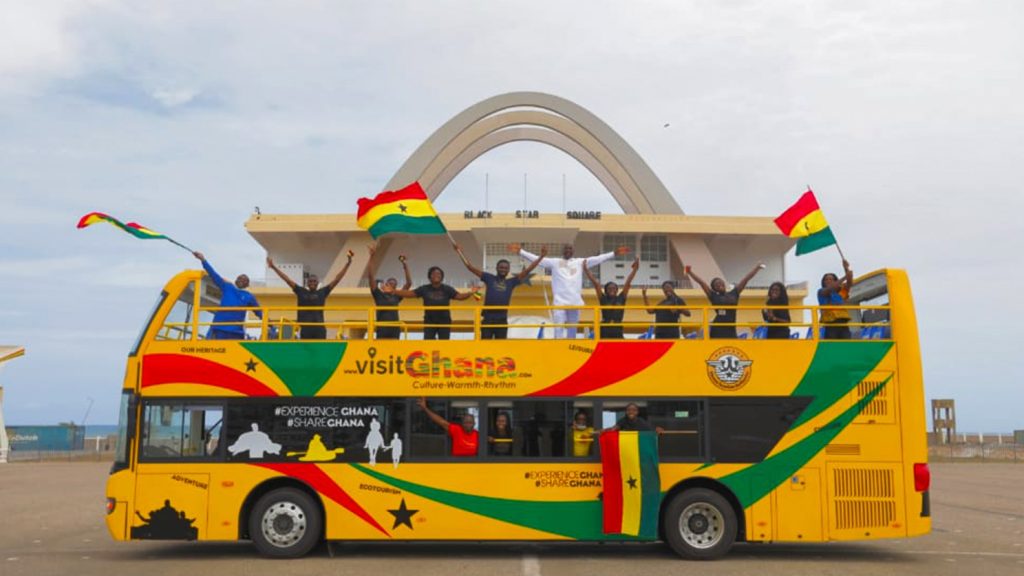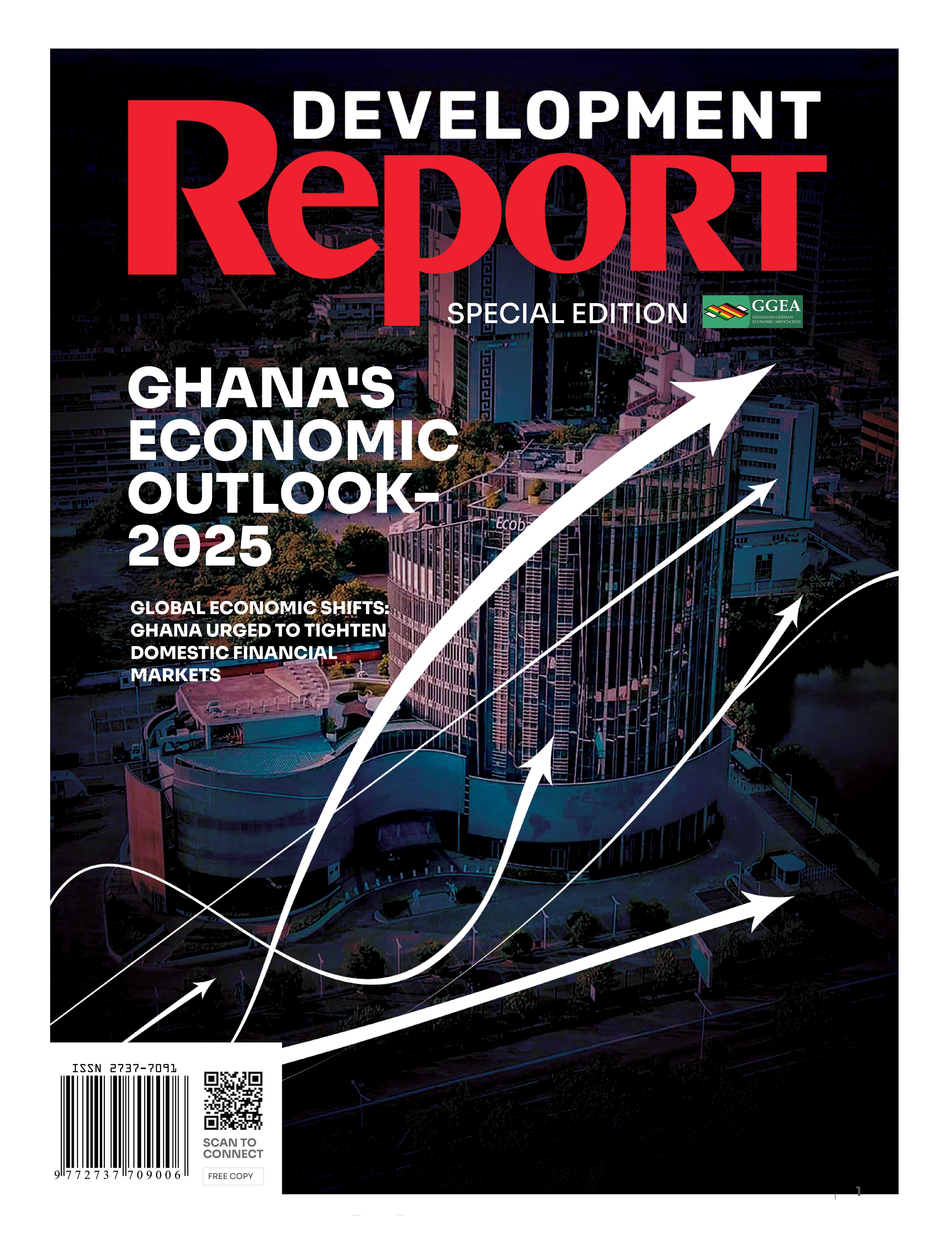Between 2018 and 2023, The Open Society Foundations (OSF) supported the restitution of African Heritage through a 10 million USD initiative which facilitated several impactful projects. This has marked a pivotal moment in the ongoing struggle for justice and cultural reparation. The legacy of colonial violence and exploitation has left deep scars on Africa, perpetuating imbalances of power and racial injustice. This initiative, spearheaded by the Soros Foundation, is not just about the physical return of artworks and artefacts, it represents a profound effort to restore the very essence of African cultures that were forcibly uprooted. The significance of this restitution initiative cannot be understated. For decades, Africans have called for the return of their stolen heritage, a call that goes beyond the recovery of mere objects. This is about reclaiming a lost identity, healing historical wounds, and redressing the imbalances perpetuated by centuries of colonial oppression.
The theft of Africa’s cultural treasures has had far reaching consequences, extending beyond the material realm. From ceremonial artefacts and human remains to archives and intangible cultural expressions, Africa’s rich and diverse heritage has been scattered across foreign lands, out of reach for millions on the continent. The impact of this loss is profound, as it robs present and future generations of the opportunity to connect with their history, culture, and identity.
Patrick Gaspard, Former President of Open Society Foundations, succinctly captures the essence of this movement by stating, “This isn’t just about returning pieces of art, but about restoring the very essence of these cultures.” In this pursuit of restitution, we acknowledge the importance of redressing historical wrongs and dismantling the structural inequalities that persist today. The momentum gained by initiatives like the one led by the Soros Foundation is evident in groundbreaking reports such as the one authored by Felwine Sarr and Bénédicte Savoy. Their call for the comprehensive restitution of works held in French museum collections has ignited a global conversation about the moral imperative of returning stolen cultural objects to their rightful owners.
The upcoming convening in Accra, Ghana from 22-24 August, 2023, assumes paramount importance in propelling this restitution movement forward. The Global Initiative for the Restitution of African Cultural Heritage will serve as a platform for experts, community leaders, and advocates to unite, collaborate, and strategise. This three-day summit will not only shed light on the historical context of these artefacts but will also foster critical dialogue on the way forward.

The invite-only event is expected to attract leaders from various sectors, including government bodies, CSOs, UN agencies, academia, artists, and the African diaspora. This diverse convergence of perspectives holds the potential to shape a more equitable future, one where Africa’s cultural treasures are no longer confined to foreign institutions. The momentum behind the restitution initiative for repatriating Africa’s cultural artefacts has reached a critical juncture, demanding comprehensive strategies for long-lasting impact.
A foundational element in this restitution initiative involves actively engaging local communities in the decision-making processes. The profound insights and perspectives of these communities are indispensable in shaping a well-rounded and holistic approach to repatriation and artefact preservation. Their intimate connection to the cultural heritage in question provides valuable guidance that can lead to more informed and sensitive choices.
A crucial aspect of the restitution movement involves investing in the development of skills and infrastructure within African nations. This investment ensures that repatriated artefacts are appropriately cared for, displayed, and preserved. We cultivate a sense of ownership and responsibility that transcends generations by empowering these nations with the means to safeguard their own heritage.
The significance of international collaboration cannot be overstated in the realm of repatriation. Through the nurturing of partnerships with global museums and institutions, ethical frameworks can be established that facilitate a smoother and more principled restitution process. Such collaborative efforts have the potential to expedite repatriation proceedings and lay the groundwork for a more equitable sharing of cultural treasures.
It is also essential to collaborate with local artists and cultural practitioners. This collaboration can lead to the creation of ongoing programmes that celebrate and preserve the repatriated artefacts. By integrating these treasures into the fabric of contemporary cultural expression, we ensure their enduring relevance and contribute to the vitality of diverse artistic practices.
A major obstacle in advancing the restitution of cultural artefacts is the scarcity of resources and limited support from donors and philanthropists, as the complex and expensive process involves legal, financial, conservation, and diplomatic challenges. The lack of public awareness, competition for funding with other causes, ownership disputes, and the need for long-term sustainability further compound the issue, necessitating collaboration among various stakeholders to find solutions and secure the necessary resources for repatriation efforts.
Another obstacle lies in the task of fostering widespread public awareness and comprehension regarding the significance of restitution. To tackle this, it becomes imperative to embark on comprehensive awareness campaigns. These campaigns play a pivotal role in educating people worldwide about the profound historical and cultural importance attached to repatriation. Such endeavours hold the potential to foster a more encompassing perspective, nurturing cultural empathy and garnering increased backing for the cause of repatriation.
In essence, the ongoing restitution movement stands as a testament to the potency of collective action and the resilience of cultures that have endured the suppression of centuries. The convening in Accra marks a pivotal milestone in this journey, one that could potentially chart a course toward a more inclusive and enlightened future. Through the restoration of Africa’s pilfered heritage, we are not solely paying homage to the past, we are crafting a world where the multiplicity and vibrancy of cultures are exalted, revered, and embraced. This initiative holds the promise of transforming history into a harmonious narrative of unity and celebration.


